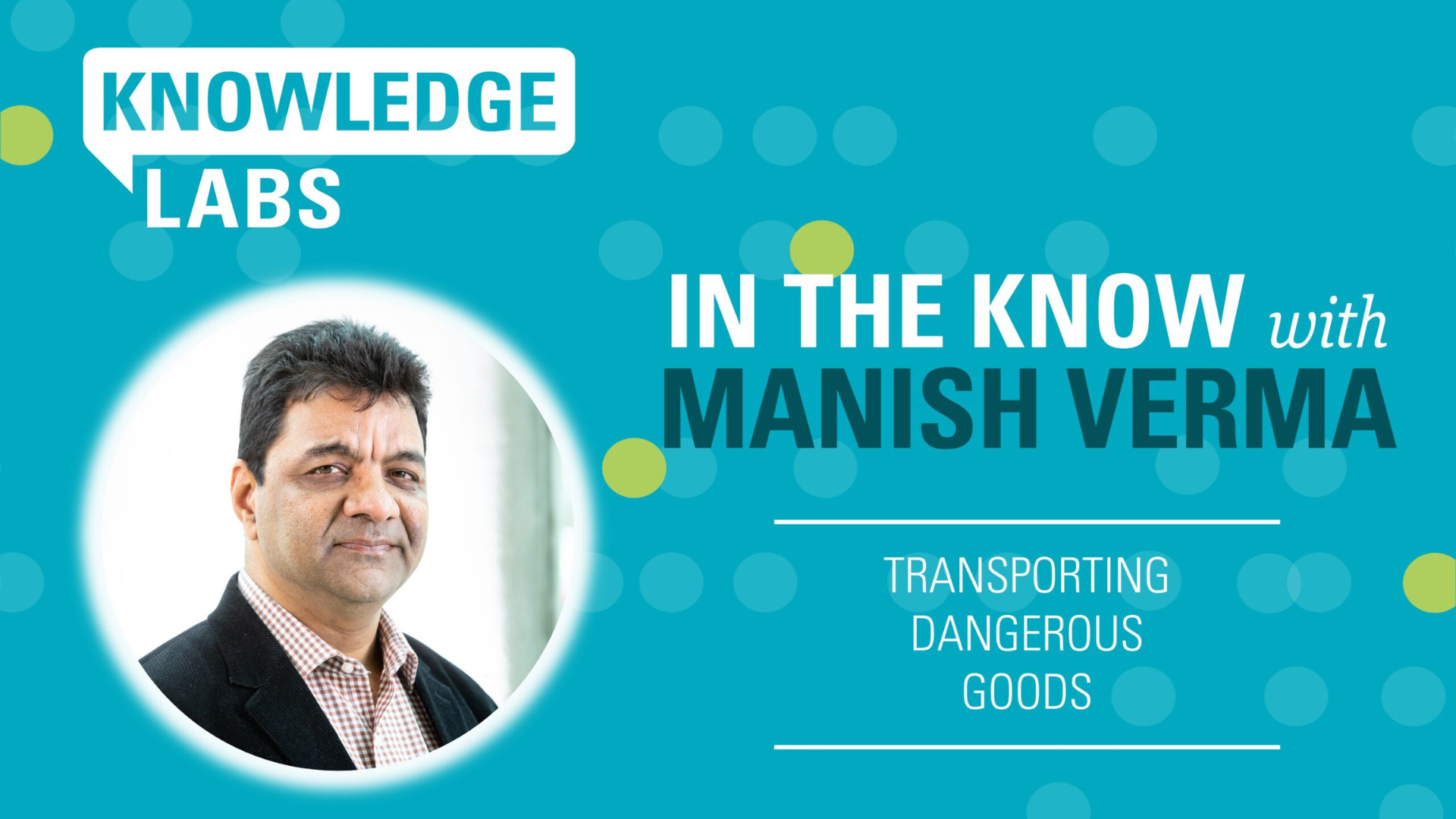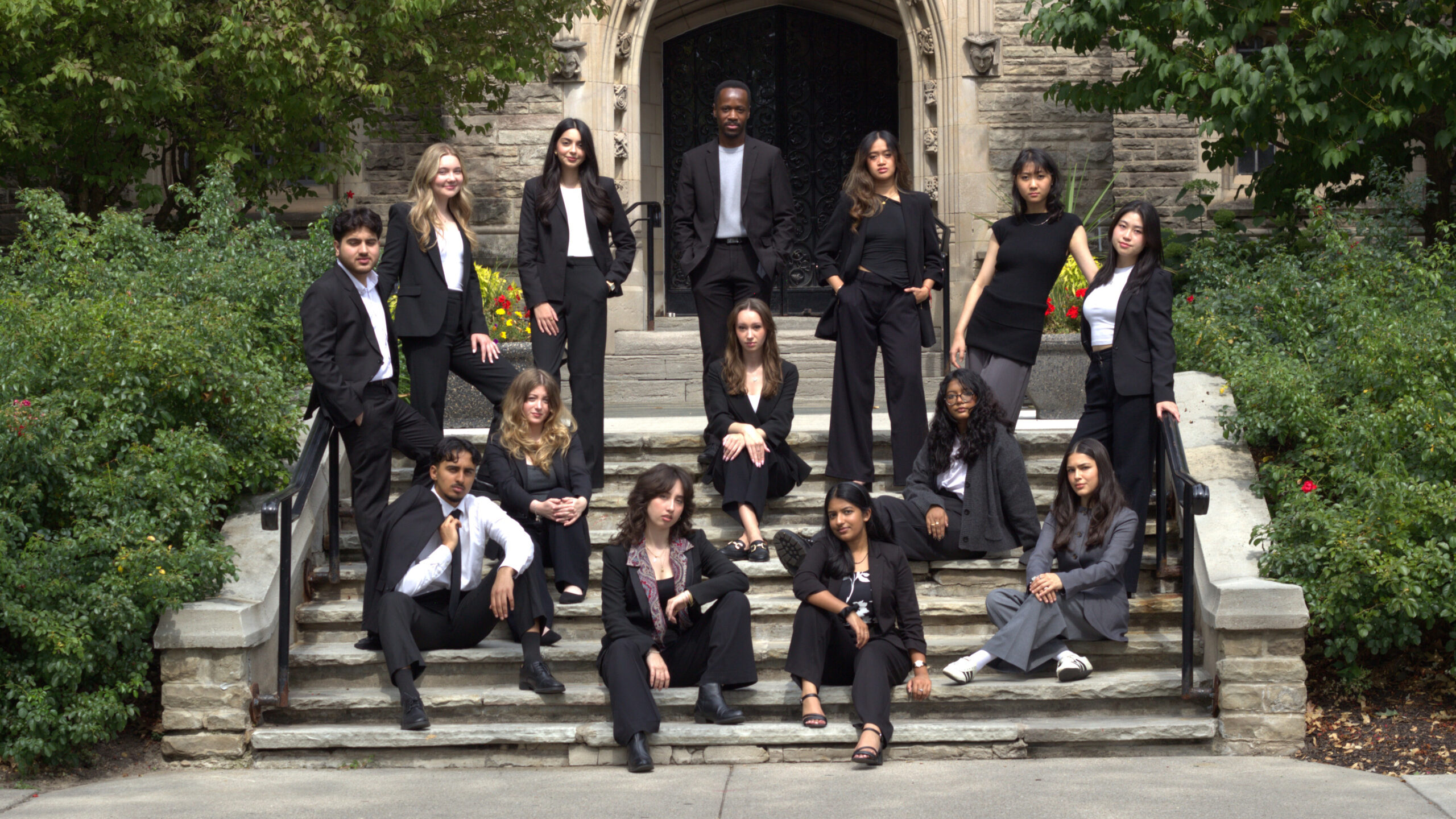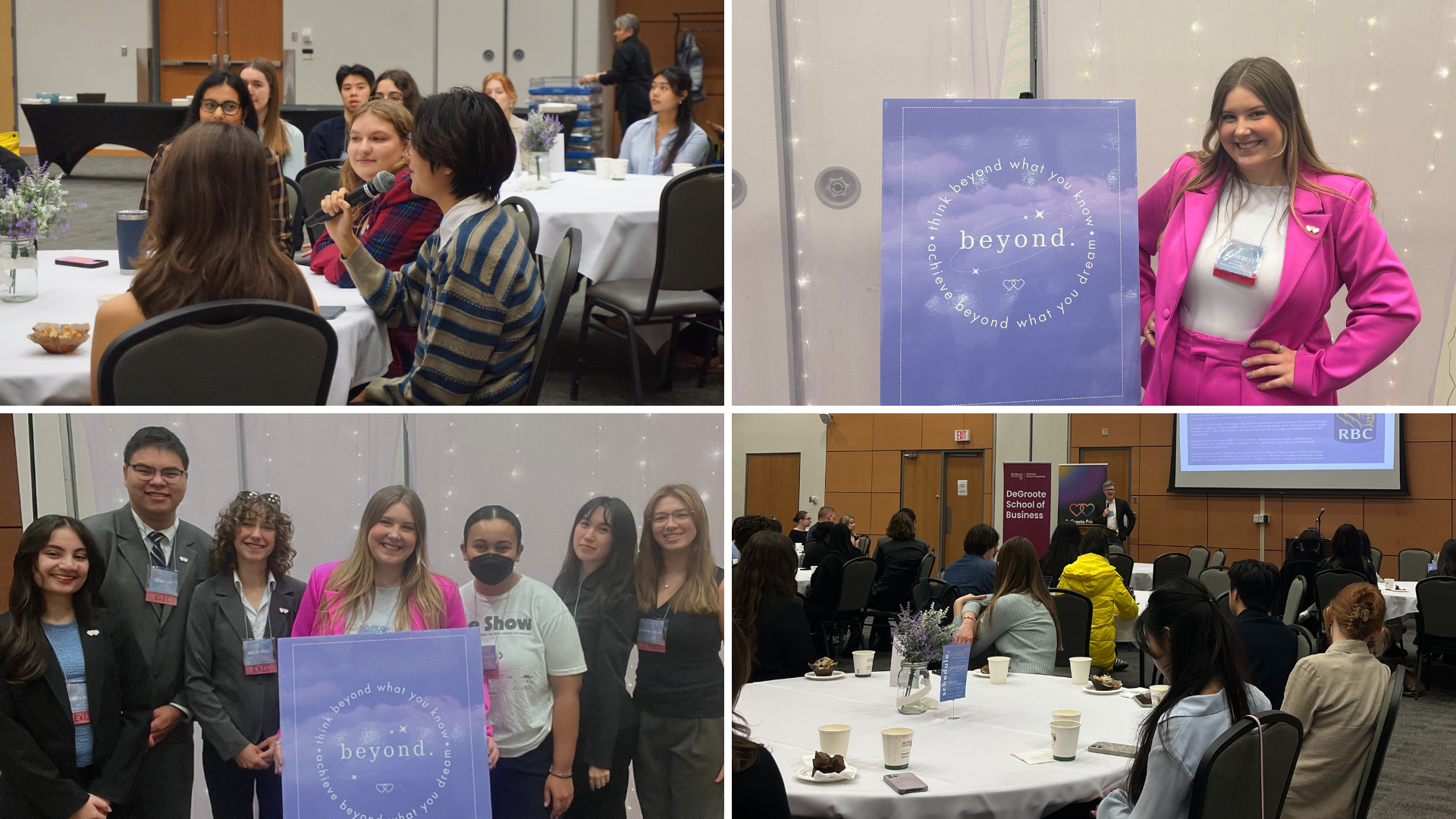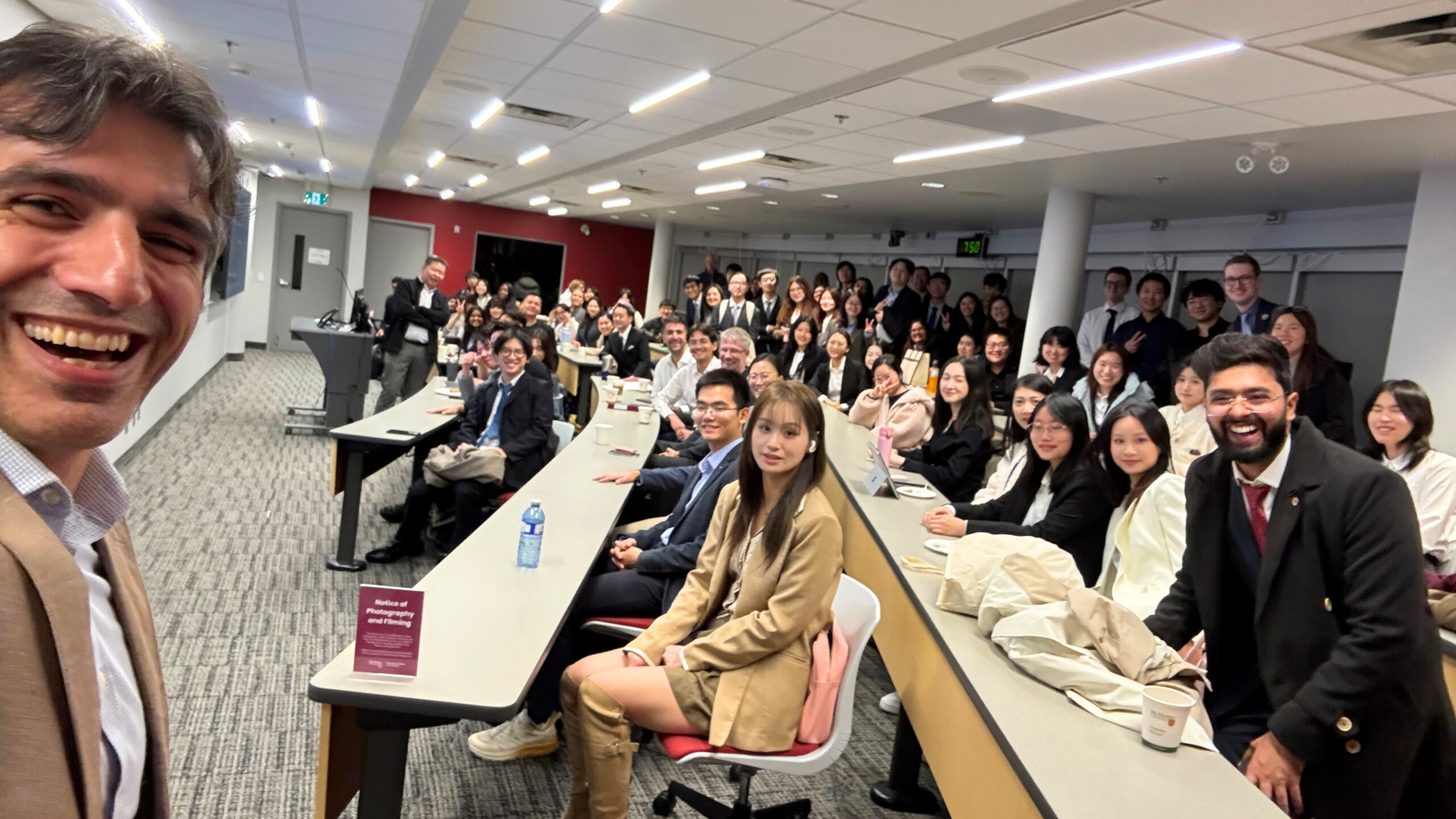OPERATIONS MANAGEMENT RESEARCH
Knowledge Labs: Transporting dangerous goods
September 23, 2021 ·
Contributed by: Manish Verma, Associate Professor, Operations Management

Avoiding a Lac Mégantic disaster.
Moving dangerous good by rail is risky, as evidenced by the 2013 Lac Mégantic disaster. How can data improve the safety of rail transportation? Dr. Manish Verma, discusses his data driven technique to create risk profiles and an optimization for rail transportation.
In the latest In the Know, Manish Verma, Associate Professor, Operations Management outlines the process of moving dangerous good shipments by rail.
Knowledge Labs: In the Know is a web series where experts from the DeGroote School of Business offer their insights into current affairs. Keep up with the series.















